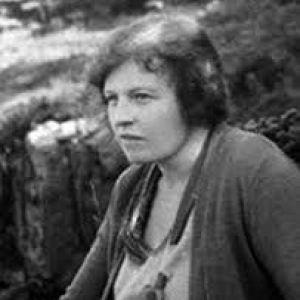Something told the wild geese
It was time to go,
Though the fields lay golden
Something whispered, "snow."
Leaves were green and stirring,
Berries, luster-glossed,
But beneath warm feathers
Something cautioned, "frost."
All the sagging orchards
Steamed with amber spice,
But each wild breast stiffened
At remembered ice.
Something told the wild geese
It was time to fly,
Summer sun was on their wings,
Winter in their cry.
Published:
1934
Length:
Regular
Literary Movements:
Contemporary
Anthology Years:
2022
Themes:
Nature
Literary Devices:
Dialogue
conversation between two or more people as a feature of a book, play, or movie
End Rhyme
when a poem has lines ending with words that sound the same
Personification
the attribution of human qualities to a non-human thing
Transferred Epithet
When an adjective usually used to describe one thing is transferred to another.

